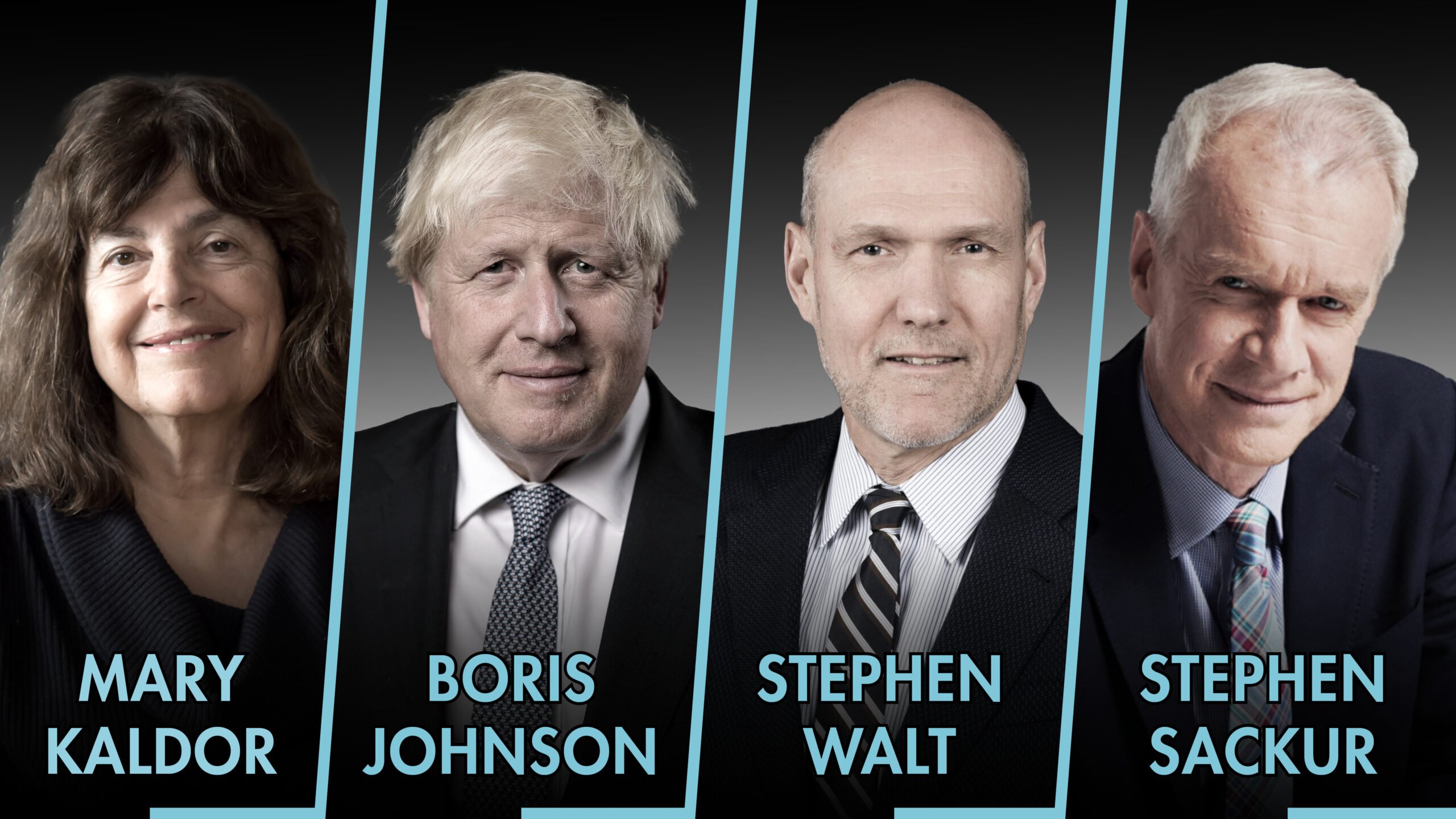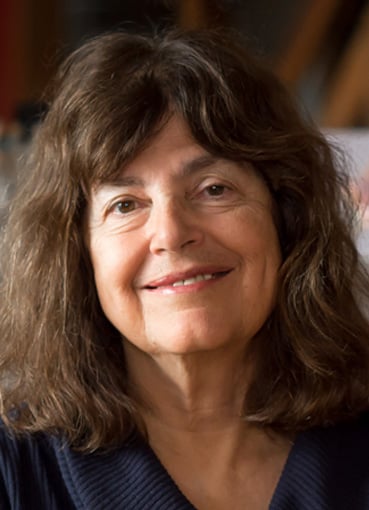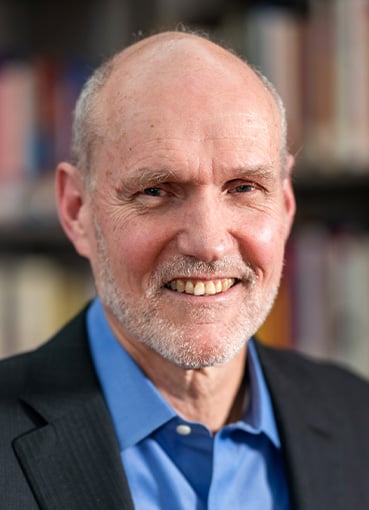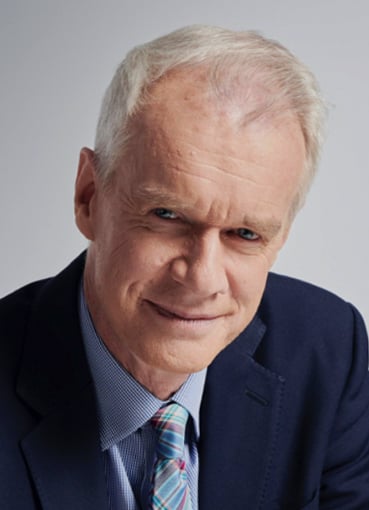
At the 2025 Holberg Debate, Mary Kaldor, Boris Johnson, and Stephen Walt will discuss current conditions for collective security and global stability.
NB: The event is fully booked, but you can still register for the waiting list. We expect some cancellations. Those who do not have a confirmed seat on the day of the event, may still queue up at the entrance to the Museum Garden, as unoccupied seats will be released at 16:45. In addition, the Bergen Student Society will be screening the livestream at Det Akademiske Kvarter.
As war returns to Europe, global institutions falter, and great power rivalry intensifies, the foundations of collective security are under strain. Is liberal internationalism—often seen as a framework for global cooperation, but also criticized for legitimizing interventionist policies—now obsolete?
In this debate, Rt. Hon. Boris Johnson, Professor Mary Kaldor, and Professor Stephen Walt will discuss the future of the transatlantic alliance, the role of democracy in global stability, and the relevance of international organizations such as the United Nations. From Russia’s invasion of Ukraine to rising tensions in the South China Sea and the enduring crisis in Israel-Palestine, the panel will explore the prospects for collective security in an era of hybrid threats, fractured alliances, and competing worldviews.
The debate will seek to explore questions that include the following:
- Is the transatlantic alliance collapsing, and if so, what does this mean for sovereignty and collective security?
- Is a geopolitical order emerging where liberal internationalism is doomed?
- Can collective security survive in an era of great power competition?
- Does the rise of hybrid threats—cyberwarfare, disinformation, and economic coercion—render traditional collective security obsolete?
- To what extent has the pursuit of liberal values (democracy, human rights) led to destabilizing foreign interventions?
- Can organizations like the UN, NATO, or the EU still function effectively in a multipolar world, or are they relics of a fading liberal order?
- Is there a causal link between democracy and international peace?
- If liberal internationalism is declining, does that constitute a threat or an opportunity?
Contributors
Boris Johnson

Rt. Hon. Boris Johnson is a former Prime Minister of the United Kingdom (2019 – 2022), Leader of the Conservative Party (2019 – 2022), Foreign Secretary (2016 – 2018), and Mayor of London (2008 – 2016). He led the Conservative Party to victory in the 2019 general election and subsequently oversaw the United Kingdom’s formal withdrawal from the European Union. He also served as Prime Minister during the COVID-19 pandemic.
In 2022, Mr. Johnson played a prominent role in the UK’s response to Russia’s full-scale invasion of Ukraine. He has remained a key ally of President Volodomyr Zelenskyy, regularly advocating for Ukraine in speeches and media appearances worldwide.
Beyond politics, he is an award-winning writer and journalist, author of several books including The Churchill Factor (2014) and Unleashed (2024), and a regular media commentator.
Mary Kaldor

Mary Kaldor is Professor Emeritus of Global Governance and Director of the Conflict and Civicness Research Group at the London School of Economics and Political Science. She has pioneered the concepts of new wars and global civil society. Her elaboration of the real-world implementation of human security has directly influenced European and national governments. Kaldor is the author of many books and articles, including New and Old Wars: Organised Violence in a Global Era (3rd edition, 2012), International Law and New Wars (with Christine Chinkin, 2017), and Global Security Cultures (2018).
Stephen M. Walt

Photo: Klaus Ranger
Stephen M. Walt is the Robert and Renée Belfer Professor of International Affairs at the Harvard Kennedy School of Government, where he served as Academic Dean from 2002 to 2006. He previously taught at Princeton University and the University of Chicago. He is a columnist at Foreign Policy magazine and a member of the Board of Directors of the Quincy Institute for Responsible Statecraft.
Professor Walt was elected a Fellow of the American Academy of Arts and Sciences in May 2005 and received the International Studies Association’s Distinguished Senior Scholar award in 2014. His books include The Origins of Alliances (1987); Taming American Power: The Global Response to U.S. Primacy (2005); and (with John J. Mearsheimer) The Israel Lobby and U.S. Foreign Policy (2007)—a New York Times best-seller translated into more than twenty languages. His latest book is The Hell of Good Intentions: America’s Foreign Policy Elite and the Decline of U.S. Primacy (2018).
Stephen Sackur (moderator)

Stephen Sackur is a writer, broadcaster and internationally renowned journalist. He was presenter of HARDtalk, the BBC’s flagship international current affairs interview show from 2005-2025. He is now a presenter of Times Radio’s Times at One.
Mr. Sackur has interviewed Presidents, Prime-Ministers and a host of high-profile guests from the worlds of culture, sport and business.
Before taking over HARDtalk, Mr. Sackur was based successively in Cairo, Jerusalem, Washington DC and Brussels as one of the BBC’s most senior foreign correspondents. He is a graduate of Cambridge and Harvard Universities and has honorary doctorates from Warwick University and the Geneva School of International Diplomacy.
Mr. Sackur’s book On the Basra Road was published in 1991, and he is currently writing another book Hard Truth for Headline Press, to be published in 2026.
About the debate
The Holberg Debate was organised for the first time in 2016 and has since been held annually in December. The aim is both to see important voices debate pressing issues of our time and to highlight the relevance of the academic fields covered by the Holberg Prize.
The Holberg Debate is always livestreamed, and audio/video will be made available on Youtube, Soundcloud and this website.




